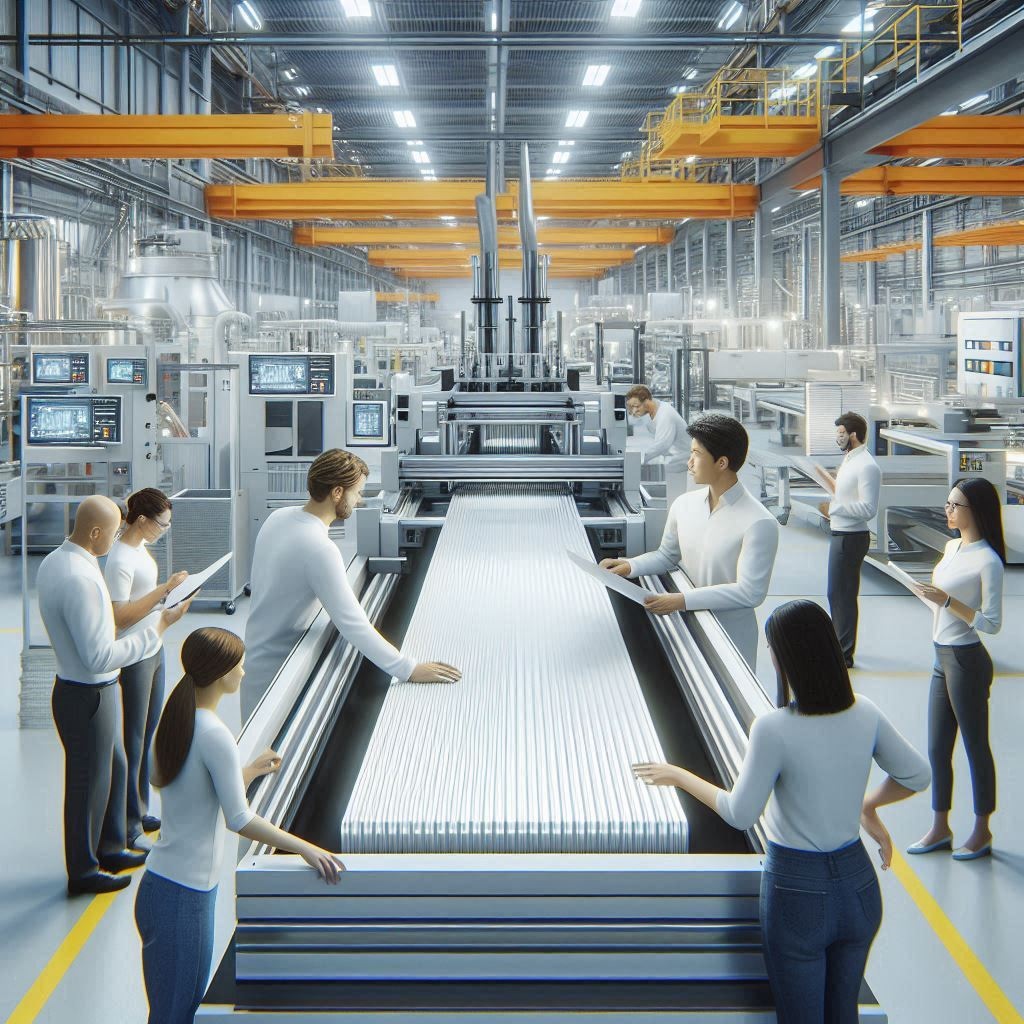Manufacturers of fiberglass pultruded grating provide a critical service that helps keep workers safe in different industrial environments with the delivery of, non-conductive, slip-resistant and corrosion resistant grating applications. Manufacturers design products to meet safety standards that provide structural strength in very rough, hazardous conditions such as chemical plants, oil rigs, and power stations. Manufacturers supply gratings with anti-slip surfaces, fire-retardant, and load bearing properties that help eliminate or reduce opportunities for workplace accidents, limit downtime, and facilitate compliance with occupational safety requirements. Their experience with custom fabrication also offers users an option for a safety mechanism for individual applications and their input as manufacturers will continue to narrow that space, creating a safer and more productive industrial environment.
Importance of Fiberglass Pultruded Grating in different industries
Fiberglass pultruded grating is critical in a variety of industries due to its strength, corrosion resistance, and low-maintenance attributes. For chemical plants, oil and gas facilities, and wastewater treatment units, fiberglass grating will not corrode and degrade in the presence of capable harsh chemicals and/or moisture, unlike traditional metal gratings; Metal will corrode relatively fast in these conditions. In the power and marine industries, fiberglass provides excellent electrical insulating performance and physical durability for extreme long-term application while protecting workers from electrical hazards. Furthermore, food processing and pharmaceutical manufacturers appreciate the hygienic and easy-to-clean surface of fiberglass grating. Speaking also to workplace safety, fiberglass is slip-resistant in areas of walking, standing, working, etc. and creates safe working conditions in walkways, work platforms, and staircases. The capabilities provided by fiberglass pultruded grating make it invaluable in contemporary industrial infrastructure.
Different Applications of Fiberglass Pultruded Gratings
Fiberglass pultruded gratings are utilized in a number of industrial and commercial applications because of their durability, lightweight construction, and resistance to corrosion, chemicals, and moisture. Some common applications include walkways, stair treads, platforms, trench covers, and catwalks in chemical processing facilities, oil & gas facilities, marine and offshore structures, power generation plants, and wastewater treatment facilities. Their non-conductive and anti-slip characteristics make them suitable for electrical substation applications as well as in the food and beverage industry and pharmaceutical industries where safety, hygiene, and long service life are paramount.
How is customized Fiberglass Pultruded Gratings manufactured?
Custom fiberglass pultruded gratings are fabricated from pultruded fiberglass using a specific pultrusion process that allows each grating to be manufactured with customized specifications based upon application requirements. The process begins with fiberglass reinforcements in a continuous strand, like a roving or mat, which are pulled from a fiber package and drawn through a resin bath. Polyester, vinyl ester or epoxy resins are used in this process depending on the chemical or mechanical properties required. The fiber, saturation in resin, is then drawn into a heated die where the saturated fibers are shaped and cured into a rigid composite material and created structural profiles. Once the composite material has been cured it is cut to size and assembled using cross rods and adhesion techniques. Grating panels are manufactured with customized bar spacing, thickness, surface finish (e.g., grit top or anti-skid), and color. The customization of the grating panel allows for demand-specific load-barring requirements, environmental conditions, and safety needs.
Conclusion
In conclusion, fiberglass pultruded grating manufacturers play an essential role in promoting industrial safety, performance, and adaptability by delivering highly engineered, application-specific solutions. Their ability to manufacture gratings that are non-conductive, corrosion-resistant, and slip-proof makes them indispensable in hazardous and high-traffic environments. From improving workplace safety across sectors to offering customized products that meet the most stringent operational and regulatory requirements, these manufacturers contribute significantly to the efficiency and longevity of modern industrial infrastructure. Their innovations and commitment to quality ensure that industries benefit from reliable, low-maintenance, and cost-effective grating systems built to perform in the most demanding conditions.



